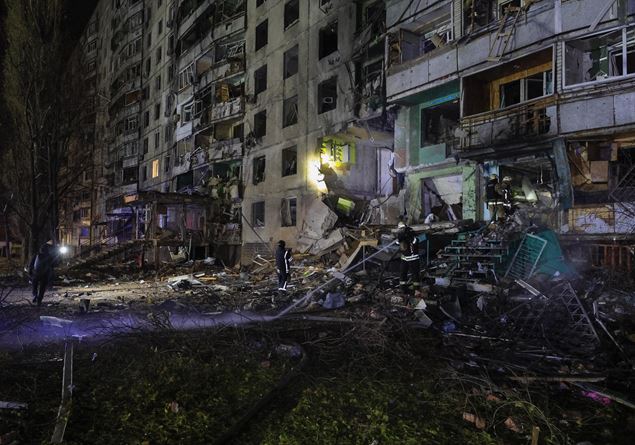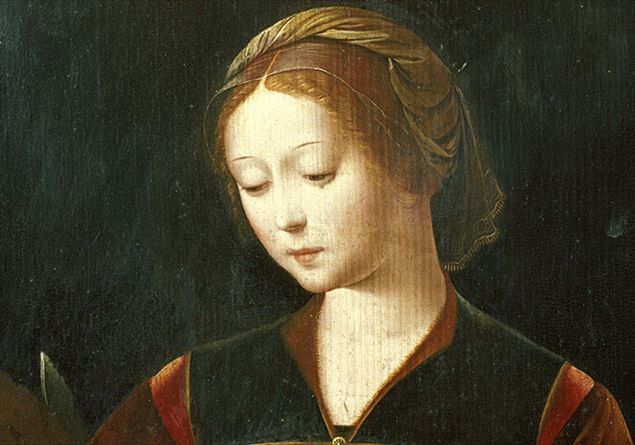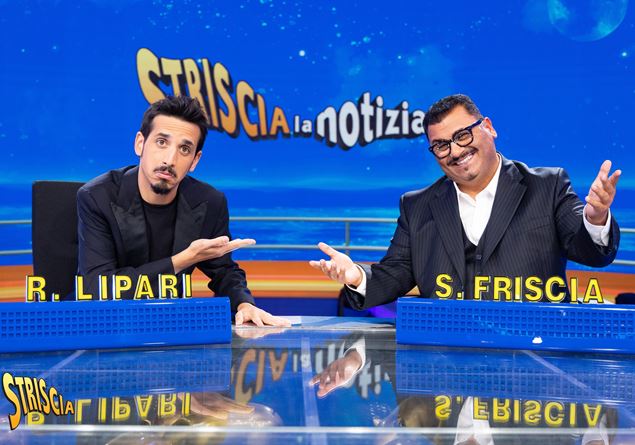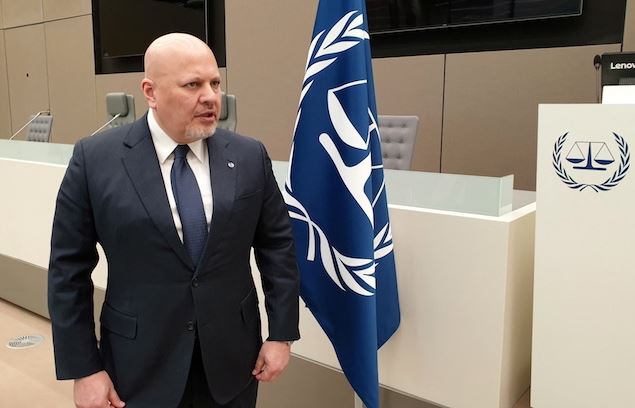
sent to Kyiv
The new American administration, emerging from the vote on November 5, will be decisive for the war in Ukraine. In recent days, after his election, Donald Trump had telephone conversations with Zelensky and, it seems, with Putin. He discussed a possible way out of the conflict, hypothesizing a negotiation that would put an end to a war that has been ongoing for almost three years. In particular, it seems that the new American president asked Putin to avoid an escalation of the conflict (a few hours ago, however, the Kremlin denied the phone call, which was defined as “false information”).
A very delicate phase is beginning for Ukraine. There is an awareness among citizens that their future could be decided at this moment. In the country there is a dimension of suspension and waiting, balanced between hope, concern and disenchantment. Everyone is tired of the war, which is costing Ukraine a very high price in terms of human lives; However, after almost three years of sacrifices, no one likes the idea of a way out that requires extensive concessions to Russia. It is clear to everyone that sitting at the negotiating table will inevitably mean losing and giving something away.
The opinions and feelings of the people we met here in Kyiv are varied and sometimes conflicting. There are those who are adamant and believe that Ukraine should not give in now, after having lost so many lives, and that if Putin wants to destroy the country he will do it anyway. Roman, a 27-year-old soldier, thinks so, for example. According to him, we must continue to fight until the end, without compromise, because in war, for him, there are no nuances. Like Roman, other soldiers also declare themselves ready to die on the battlefield for their country. However, there are those who hoped for Trump’s victory, trusting that at least he would try to put an end to the waralthough uncertainty and concern reign over what conditions would be imposed: the future, for many, remains an unknown, and many look at the possible agreements with disillusionment.
Monsignor Vitaliy Krivitskyi, bishop of the diocese of Kyiv-Zhytomyr, Salesian of Odessa, remember that three years ago everyone was convinced that Russia should respect the Ukrainian borders. Now, however, we hear that the Ukrainians should cede part of their territories to Moscow. Agreements, says the bishop, are often not sincere: a decision is made, but then it is disregarded. Krivitsky speaks of just peace, recalling that there is no peace without justice. Among Ukrainians there is widespread fear and concern for the future, not only of their land, but also of Europe and the West, since it is feared that the war will not end here, but could spread to other European countries.
For Ukrainians, the future is an unknown, regardless of agreements and negotiations. Meanwhile, here the Russian bombings continue extensively, constantly and massively. Here in the capital, incessant alarms ring out every night. Much of the country continues to be under attack. In the East the situation is dramatic. In recent days, a hospital was hit in Zaporizhzhia. There is talk of negotiations and agreements, but as the bishop of Kyiv-Zhytomyr recalls, every day the Ukrainians are attacked and lose more villages and portions of territory.
«I think that Moscow does not want to end the war at least until the end of 2024. He expresses his opinion very clearly Father Miszka Romaniv, 45-year-old Dominican father, founder of the San Martino de Porres Humanitarian Aid Center in Fastiv, a town almost 80 kilometers from Kyiv. «In my opinion, as long as they have the strength to do so, the Russians will continue to attack to advance and extend the occupied areas as much as possible, which in their vision would remain theirs». Show on your phone the large demonstration in Kherson which today, 11 November, celebrated the second anniversary of the liberation from Russian occupation. Father Miszka often travels to the southern city, where with the San Martino Center he brought and installed a mobile kitchen to serve meals to people in difficulty. «I was in Kherson eight days after the liberation. The city was devastated, completely in darkness because there was no electricity. But the people were happy to be free again. In these almost three years of war the Ukrainians have suffered a lot and they all bear the wounds, not just physical, of the war: if politicians were to make unpopular decisions, I don’t know if the population would accept them.”







